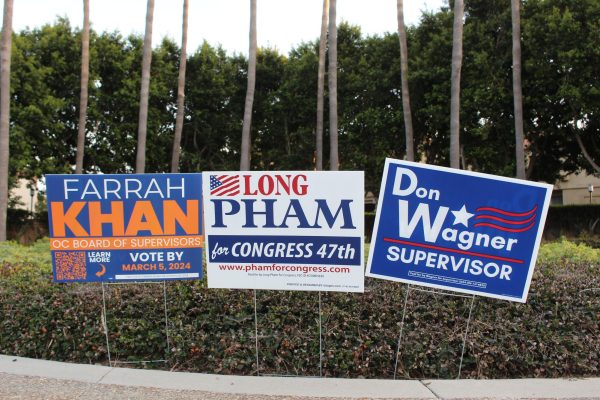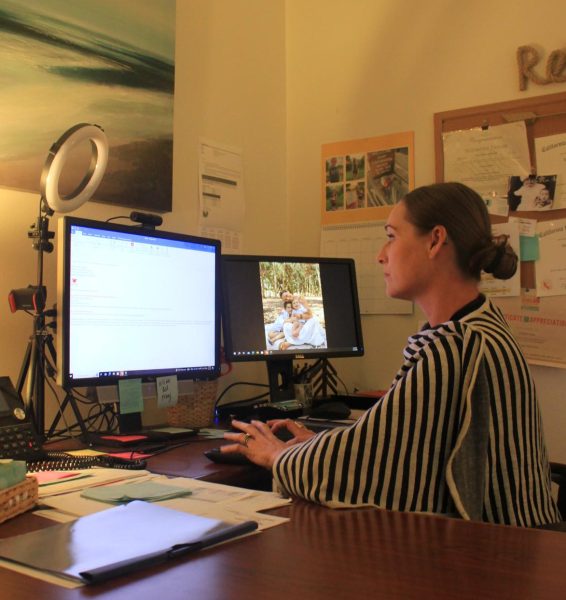Hike up the mountain of UC tuitions

This graph demonstrates the rise of UC tuition for California undergraduates from 1980 going on until 2019.
On Nov. 20, the board of UC regents voted 14-7 to end a tuition freeze and support tuition increases at University of California schools; tuition had remained steady for three years, since a tuition freeze had promised flat levels for UC students.
The proposed tuition hike will go as far as 5 percent yearly in the next five years. By the 2019-2020 school year, California resident undergraduates could be paying more than $15,000 compared to the current 13,000 for just tuition fees – not including room, board and books.
“As we know, our UC system is impacted. I’m in this situation where I know that the state will not give us more money to the UC system, so something needs to change in order for students to access this wonderful education system that we have,” college and career specialist Whitney Barro said.
UC officials have promised that the rise will be modified or even eliminated if state funding is restored by spring, according to Los Angeles Times.
In current perspective, the UC system needs more financial revenue to cover the growing costs of retirement benefits, hire more faculty to reduce the student-faculty ratio, develop more quality courses, maintain the financial aid program and enroll 5,000 more California undergraduates over the period of five years, according to the released proposal. For many years, the large number of out-of-state undergraduates has sparked controversy.
“We’re getting ample notice, and it is going to be increased over time, not all at once. I feel comforted that at least the UC system is trying to keep it fair as far as consistency each year, and they’re telling you upfront,” Barro said.
UC President Janet Napolitano said in the voting meeting that the tuition hiatus could not continue on to a fourth year. She contends that these increases are necessary and inevitable to stabilize revenue and offset budget cuts. Her major obstacle is Gov. Jerry Brown, who, at the meeting, strongly argued against Napolitano. Brown suggested that instead of increasing tuition fees, the UCs should move students towards graduating in three years by offering online courses and concentrating academic programs across the campuses.
“Let’s look at alternative pathways, alternative designs,” Brown said.
He disputed the salaries and benefits of private and Ivy league schools that he believes the UC system has begun to follow.
Nonetheless, UC officials assert that half of the new incoming revenue will go towards financial aid. According to The Daily Californian, UC Berkeley’s student newspaper, students whose fees and tuition are presently covered by grants and scholarships will continue to be covered. Only approximately 30% will be directly affected by the tuition increase.













